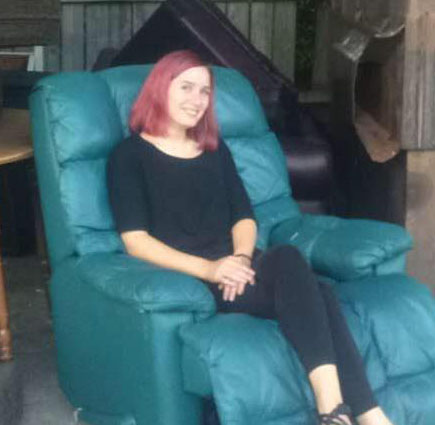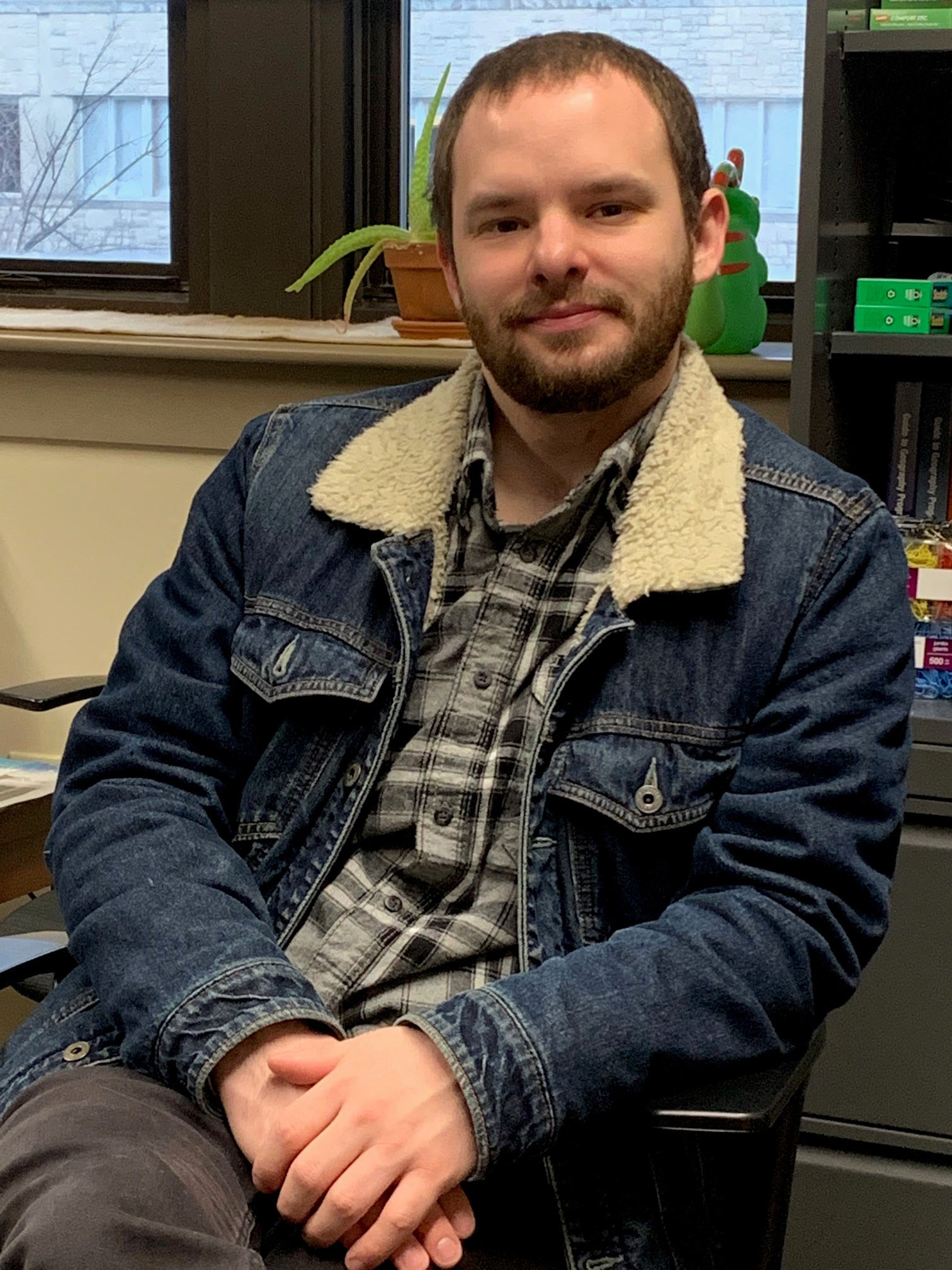Grad students Alex Ringling and Steve Cardinal each talk about life at Mizzou, discuss their thesis defense projects, describe their hopes of what’s next, and chat about their favorite geography memories in this issue of Grad Talk.
Why did you choose geography as a grad degree? And what is your emphasis?
Ringling: It's hard to say why I chose geography. Like many other people drawn to the field, it relates to everything. You can't study the subject without bleeding into political science, history, meteorology, economics, geology, public policy, to name a few. Geographers study pretty much everything because we live in a spatial world. The commonality is that place, space, and scale are at the center of analysis. It's fascinating, and I love the different ideas I come into contact with in the department. My emphasis in the MA program is cultural geography, and my thesis is titled, “African Muslim Refugees in Columbia, Missouri: Negotiating Identity & Belonging.”
Cardinal: My emphasis is in biogeography, which concerns the distribution of plant and animal species. And I just chose it as a master’s degree because I did my undergrad in geography as well.
Where did you come to Columbia/Mizzou from, and is your university experience what you expected? Why? Why not?
Ringling: I grew up in North County Saint Louis. Technically my house is in unincorporated Saint Louis County, but I put Florissant as my address. People from my high school used to say we were from NoCoFloMo, which I think has a fun zing to it. I suppose my university experience is what I expected, though I didn't have too many expectations of what it should be. I've really enjoyed the communal feeling in the geography department. My assistantship is across campus in the Office of Service-Learning, but I still feel very connected to what's happening over in The Stew.
Cardinal: Well I came here from Southern Connecticut University for my undergrad degree in New Haven, Connecticut, and I’m originally from Trumbull, Connecticut. I’d say it’s what I expected coming from a small school to a big university.
What are you working on for your master’s thesis? (Please expand as needed.)
Ringling: For my thesis I did an ethnographic case study exploring the experiences of 10 African Muslim refugees from the countries of Somalia, Eritrea, and Sudan in the small Midwestern city of Columbia. With my background in women's and gender studies and my previous experience working in refugee resettlement, I wanted to do a study that focused on one of Columbia's smallest and most marginalized communities. Diverse migrant populations settling in small cities and rural areas is a growing trend nationwide, however, there is still a limited amount of information across the board about these experiences. There is also virtually no literature focused on the intersection of being African/black, Muslim, and refugee status, let alone black Muslim refugee experiences in small cities. My research will attempt to make a shift toward filling this gap with a place-focused case study in the Midwest.
Cardinal: For my master’s thesis I’m doing repeat photography within the San Juan Mountains of Colorado. So, I’m looking at five particular field sites that were taken in 2002 and just re-photographing them in 2019 in order to see the environmental change that took place.

